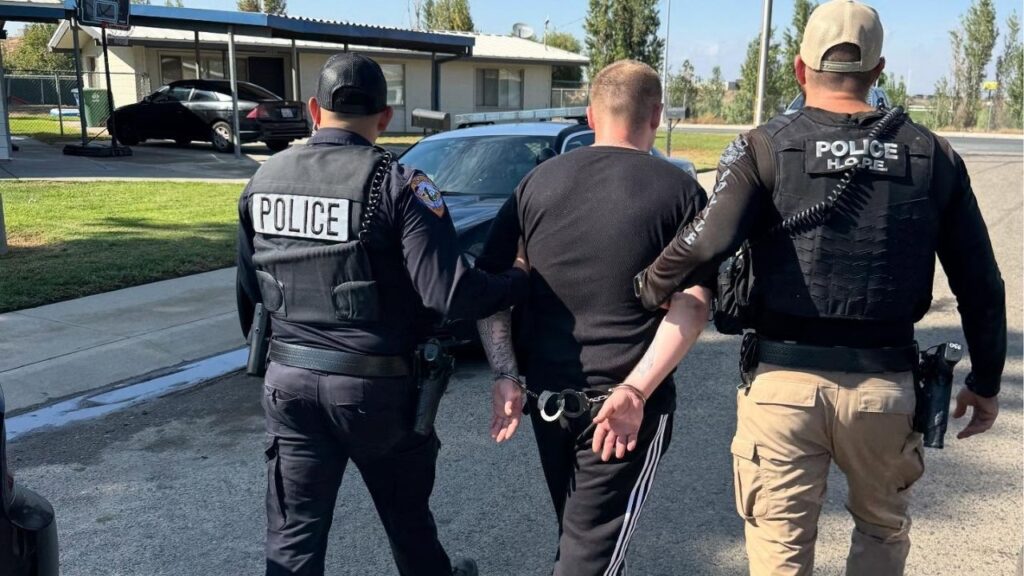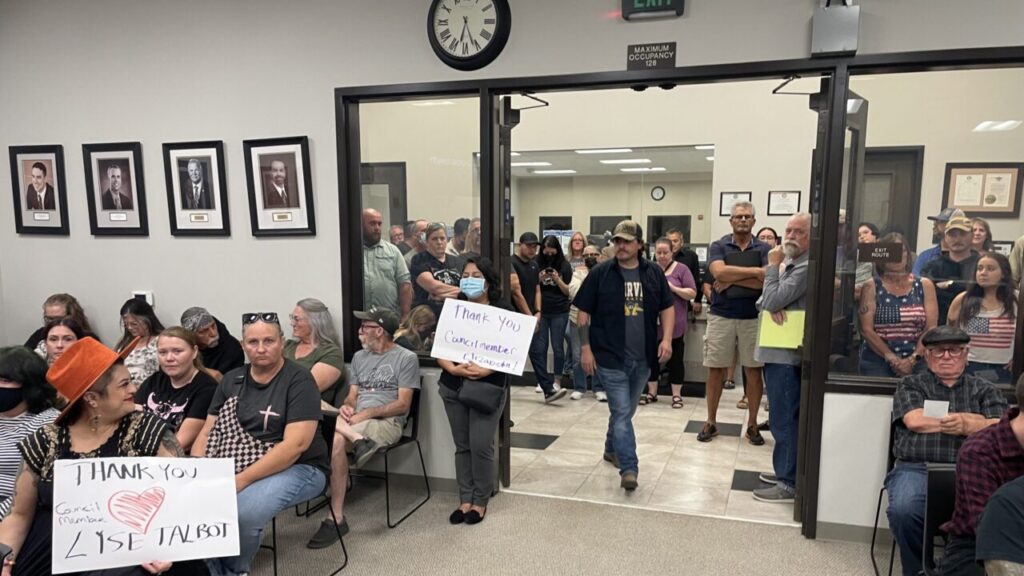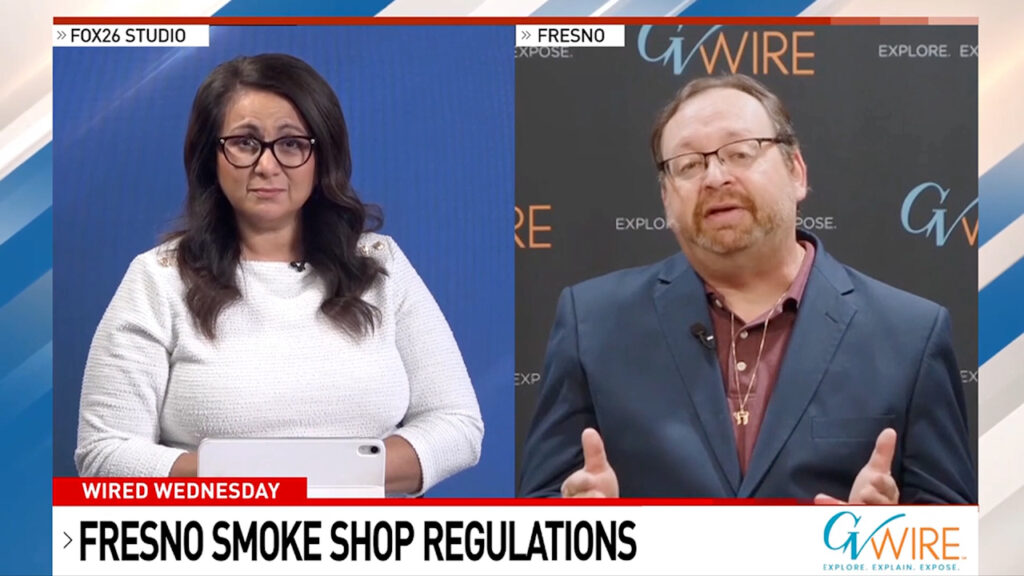The 'Digital Democracy' project by CalMatters is revolutionizing access to California's political processes, making it more transparent and accessible. (CalMatters/Fred Greaves)

- CalMatters has launched Digital Democracy, a comprehensive political data resource.
- Digital Democracy uses AI to provide access to every word spoken in hearings, every dollar donated, and every vote cast.
- The platform is free to use for journalists and the public alike.
Share
|
Getting your Trinity Audio player ready...
|
When I began covering California politics 49 years ago, digital technology was in its infancy and the Capitol ran on paper.

Dan Walters
CalMatters
Opinion
If you wanted to know what was on the Legislature’s agenda, you visited the “bill room” in the Capitol basement and asked for the daily files of each legislative house. If you spotted a bill you wanted to read, it meant another trip to the bill room. If you wanted a committee analysis that explained a bill in plain English rather than legalese, you walked into the committee office and ask for a copy.
If you wanted to see what was happening to the bill in committee, you went to the hearing room, waited for the bill to be taken up, watched the proceedings and noted the vote. If the bill was “on call,” meaning the voting process was suspended until later, you had to wait for the final tally.
If you wanted to know what was happening to a bill on the Assembly and Senate floors, you sat in the back of the chambers, waited for it to be announced and then listened to the debate and the vote, which also could be “on call” for hours.
If you wanted to know what money interest groups involved in the bill were donating to legislators, you had to traipse to the Secretary of State’s offices and leaf through reams of paper financial reports.
Monitoring all of these aspects of the lawmaking process – and more – consumed immense amounts of time, which limited how deeply journalists could delve into thousands of bills each year.
Fortunately, technology finally – albeit slowly – penetrated the Capitol. Bills and other bits of paper became available online. Some committee hearings and floor debates could be monitored via “Cal Channel,” financed by cable television companies, but only one meeting at the time. The Legislature controlled what would be televised and sometimes blacked out controversial issues.
Cal Channel disappeared a few years ago, creating a void. But the Legislature did make its meetings accessible by Internet video and audio feeds with archives that could be tapped. Campaign finance and lobbyist activity reports in the Secretary of State’s office could also be accessed online, although the system is clunky and sorely needs an upgrade.
This month, digital access to California politics took a quantum leap. CalMatters, my employer, launched Digital Democracy, an immense, constantly updated and user-friendly goldmine of political data.
It uses the latest technology and artificial intelligence to make available “every word spoken in hearings, every dollar donated and every vote cast in a database that informs our journalism and profiles each of the state’s 120 legislators.”
It is immensely useful to CalMatters journalists. A couple of days ago, CalMatters published an article delving into a million votes cast by legislators over the years and revealed that very few “no” votes are ever recorded. It would have been impossible without the Digital Democracy archive.
However, Digital Democracy is not ours alone. It can be used, free of charge, not only by journalists for other outlets but members of the public.
Dave Lesher, the founding editor of CalMatters, stepped down from that position last year to lead the Digital Democracy project.
“As a journalist who has been watching the California state government for nearly 30 years,” Lesher says, “it’s clear to me that the politicians and the decision-making process have become more opaque.
“The transparency created by Digital Democracy is about how the people we elect are weighing the special interests and the public interest when they make important decisions about our education, environment, health care, housing, transportation, prisons, taxes and more.”
Amen.
About the Author
Dan Walters has been a journalist for nearly 60 years, spending all but a few of those years working for California newspapers. He began his professional career in 1960, at age 16, at the Humboldt Times. CalMatters is a public interest journalism venture committed to explaining how California’s state Capitol works and why it matters. For more columns by Dan Walters, go to calmatters.org/commentary.
Make Your Voice Heard
GV Wire encourages vigorous debate from people and organizations on local, state, and national issues. Submit your op-ed to bmcewen@gvwire.com for consideration.
RELATED TOPICS:
Categories

How Israel Is Losing America

















